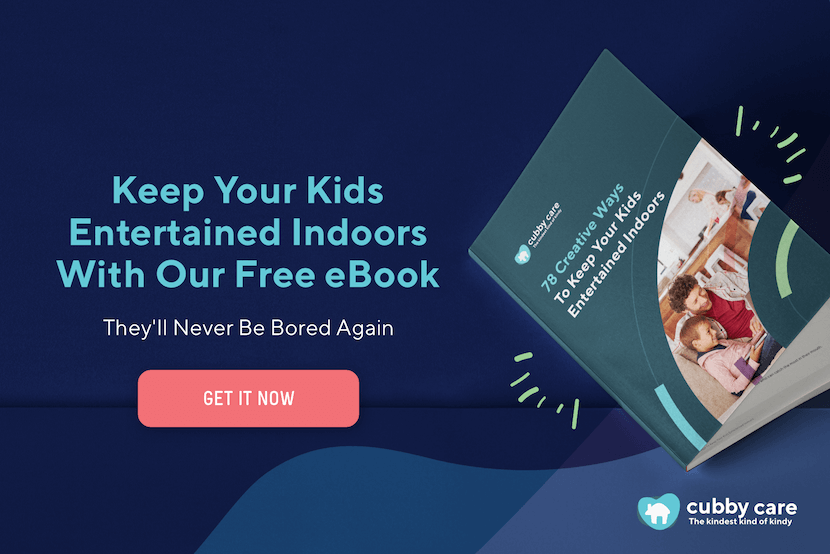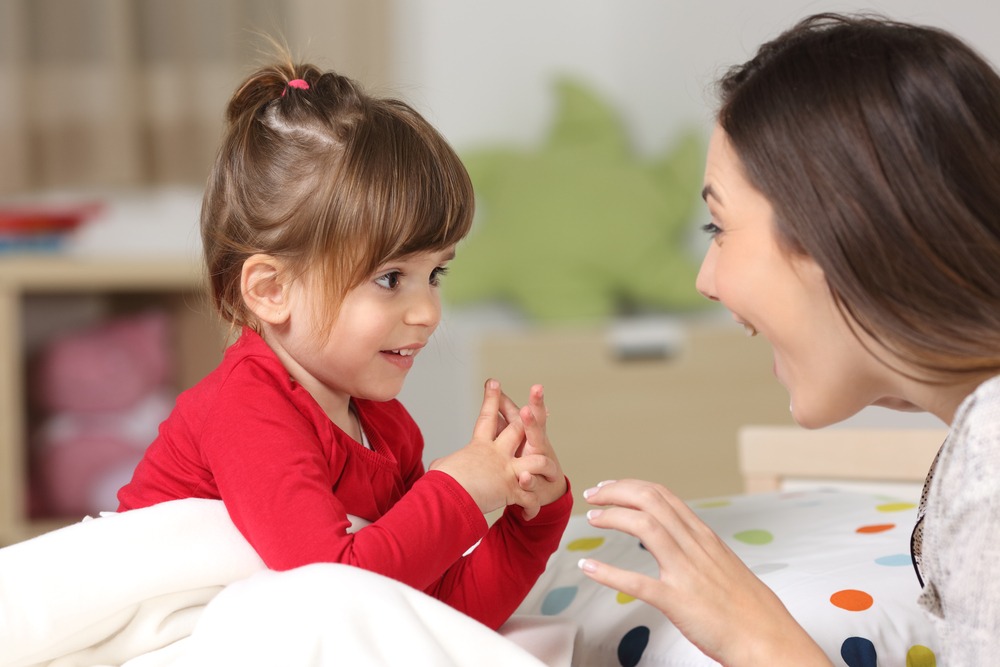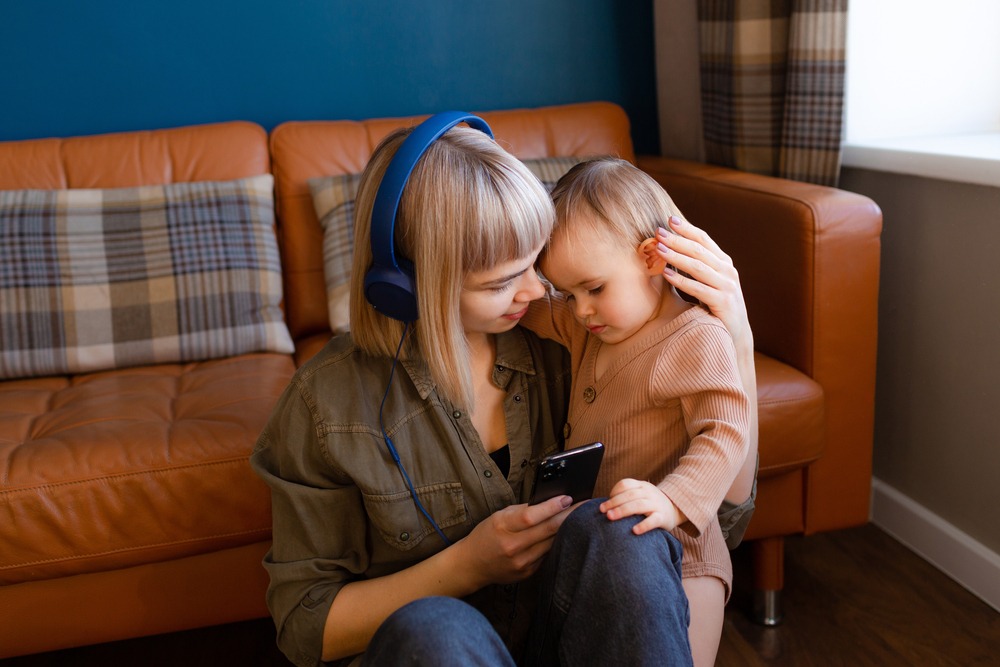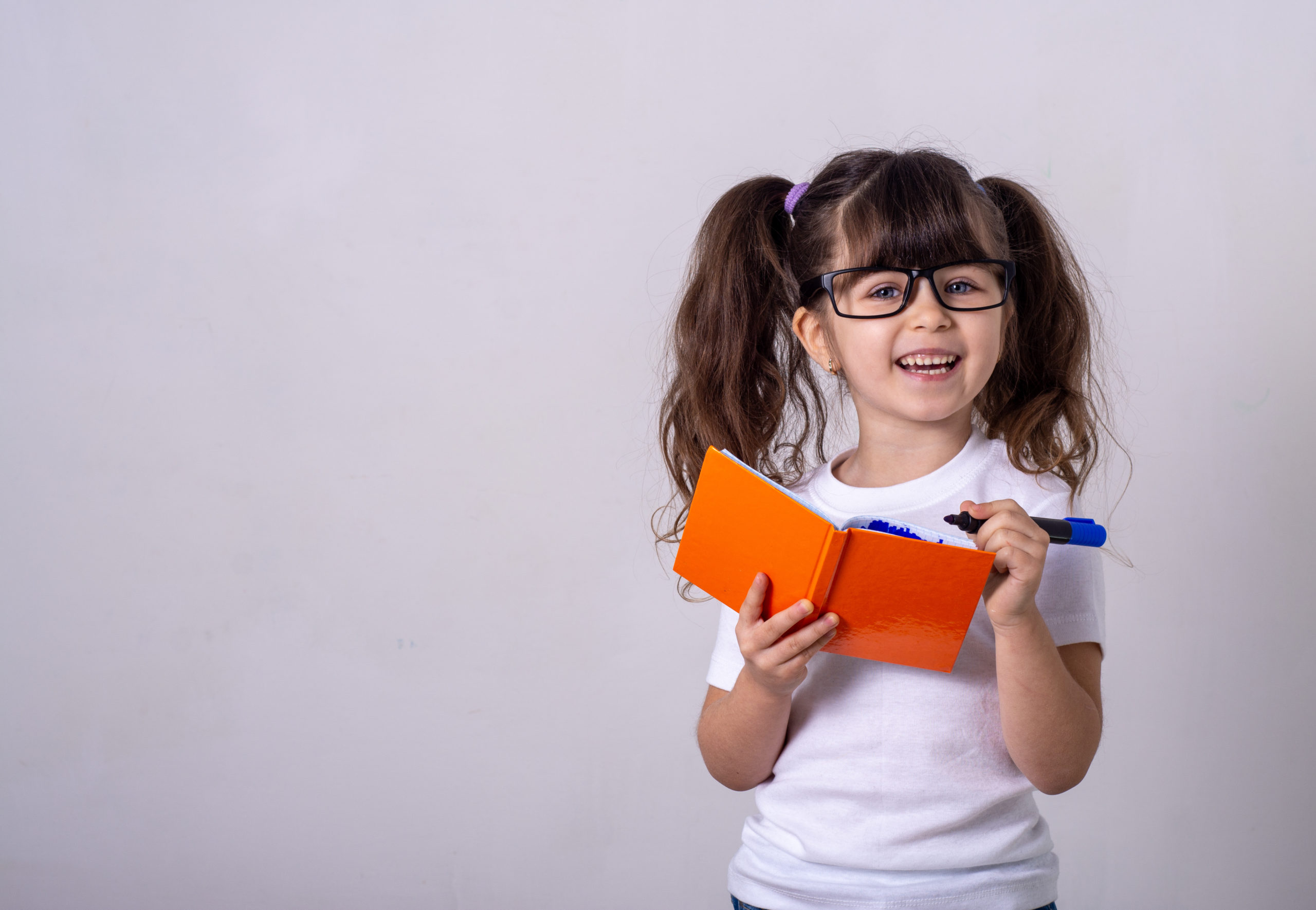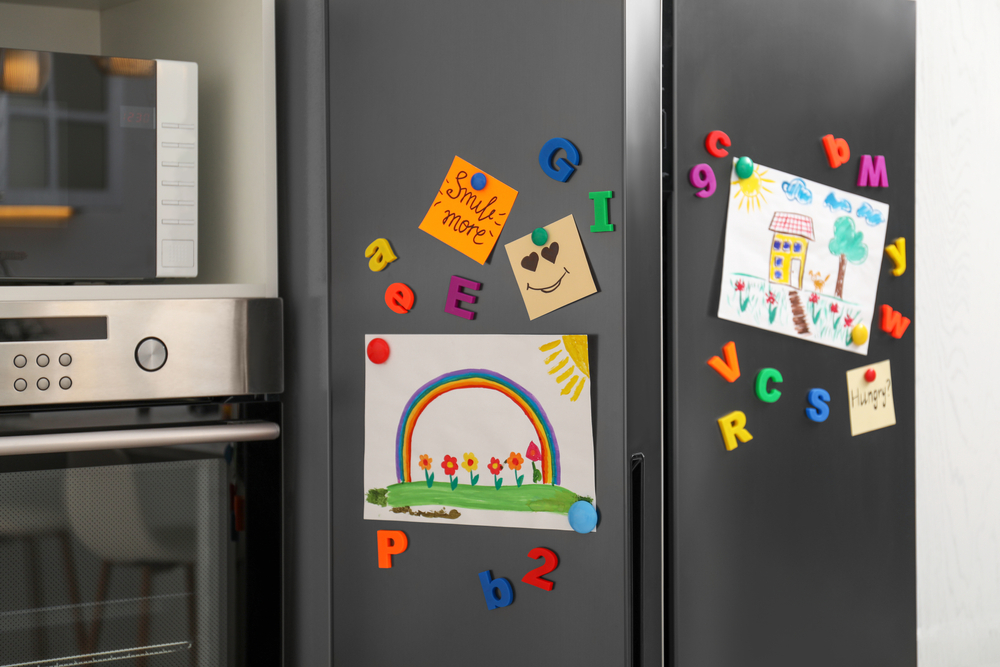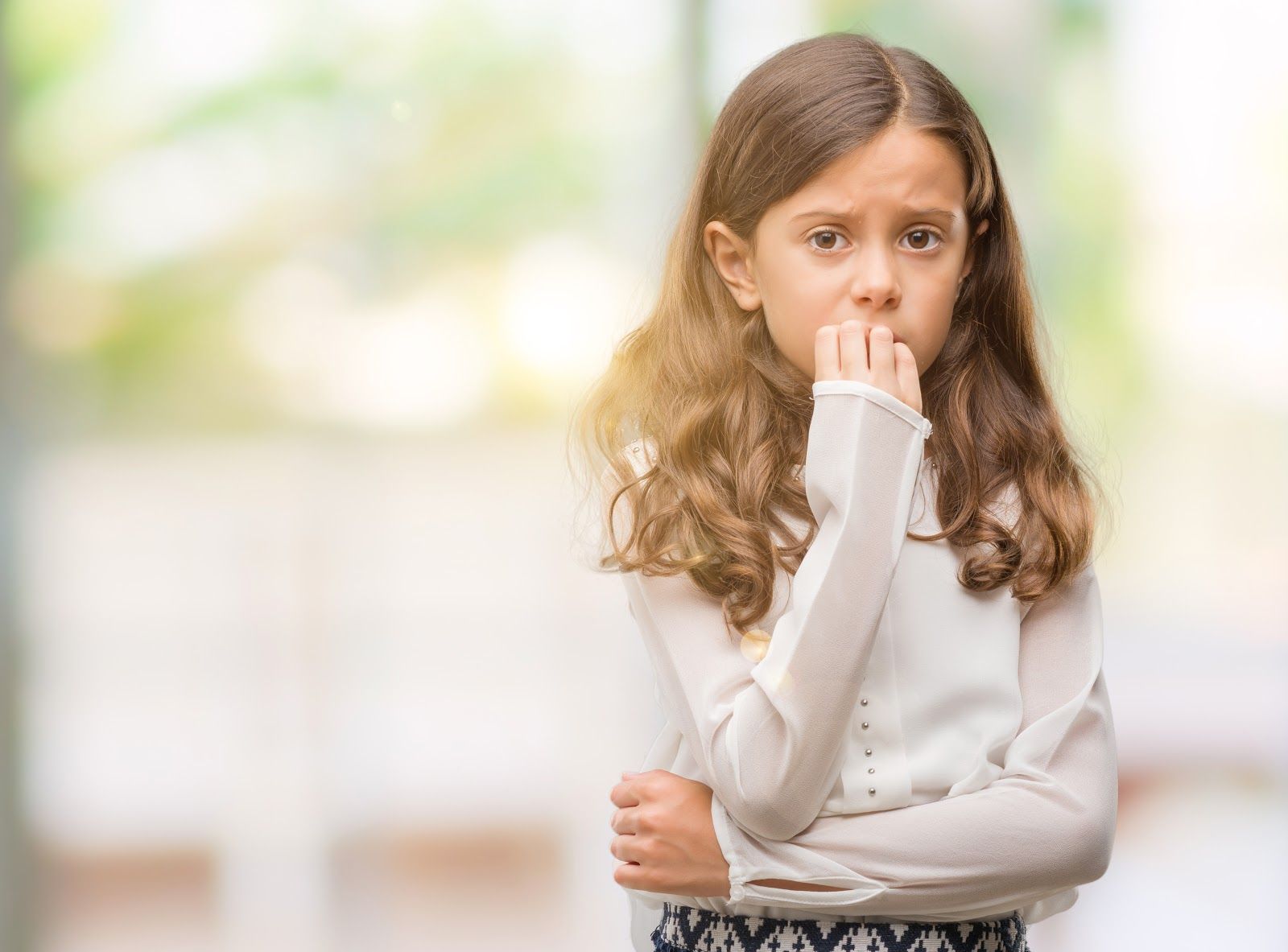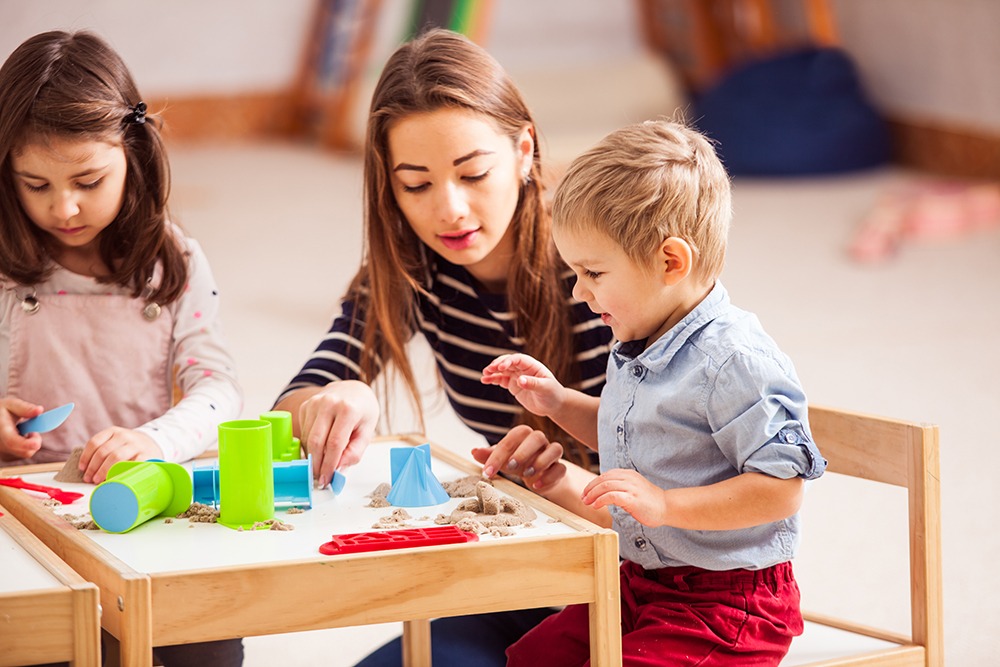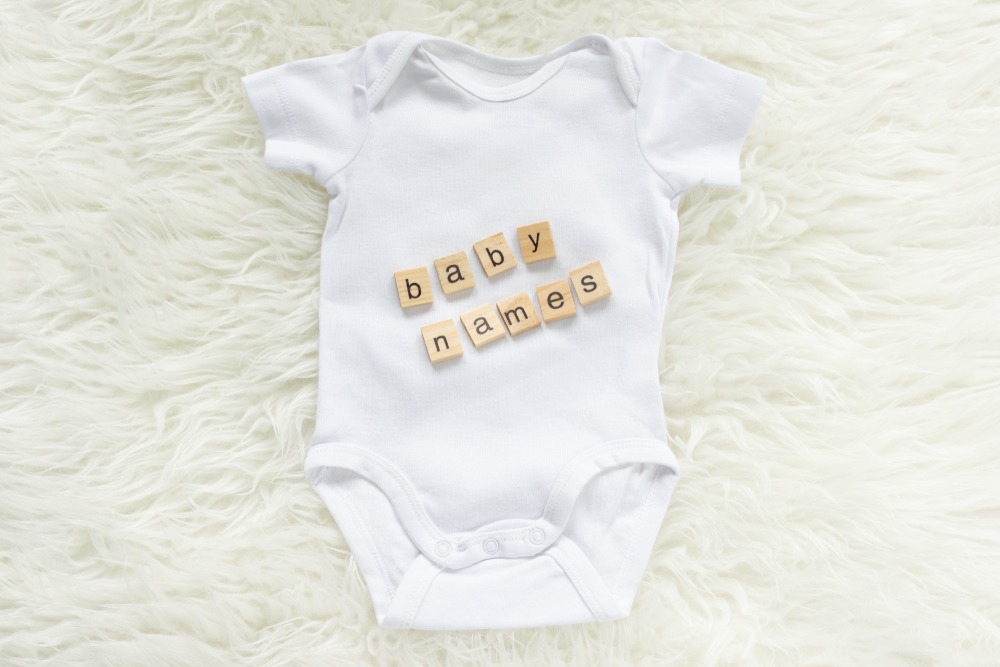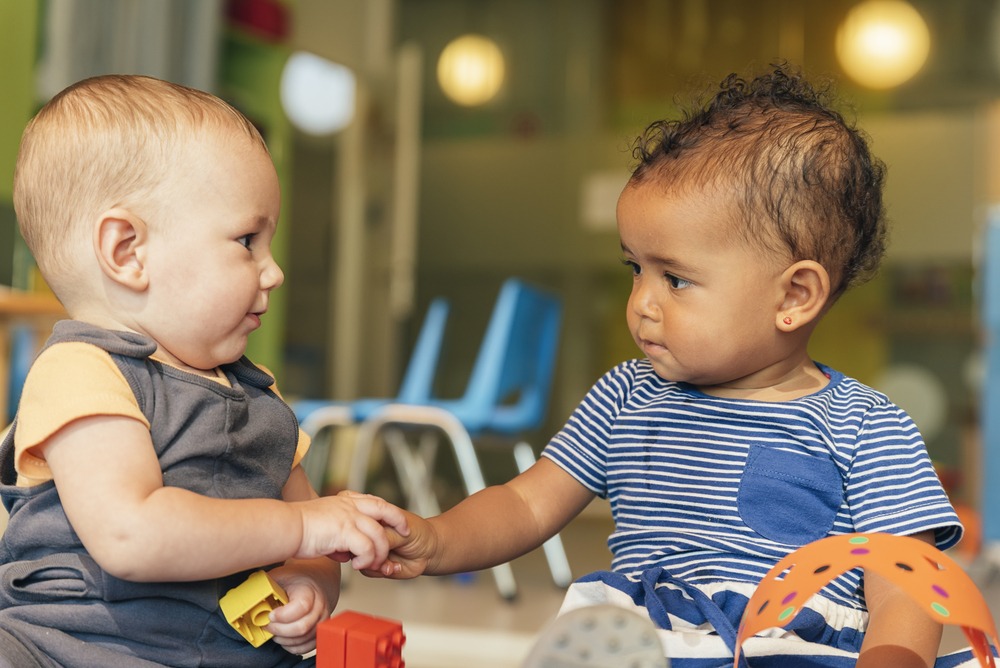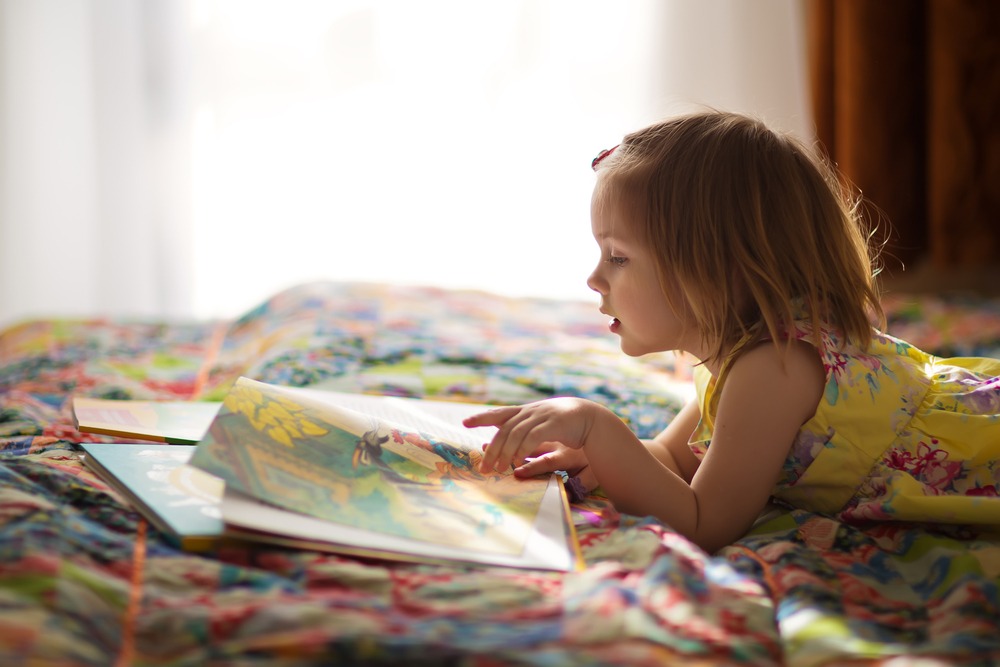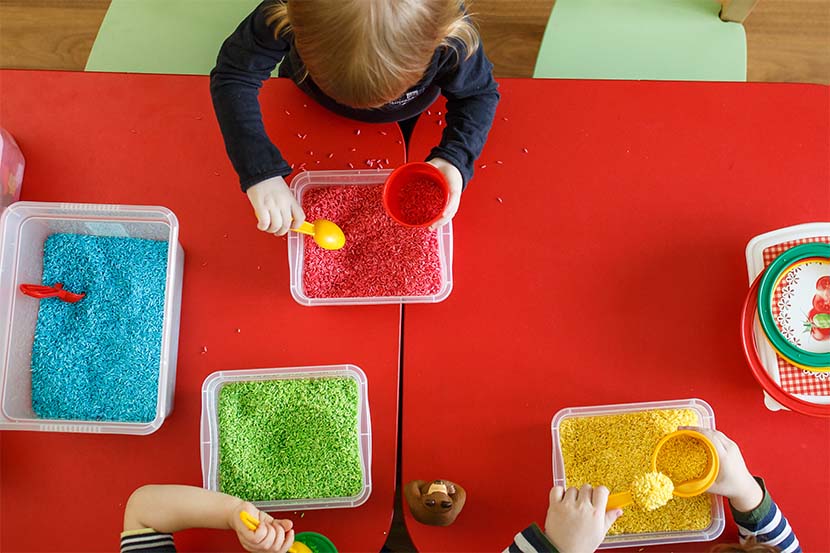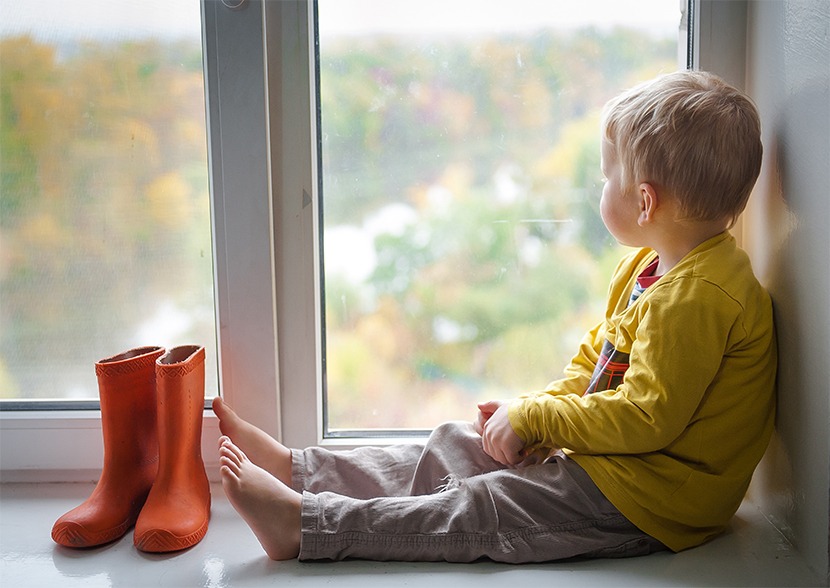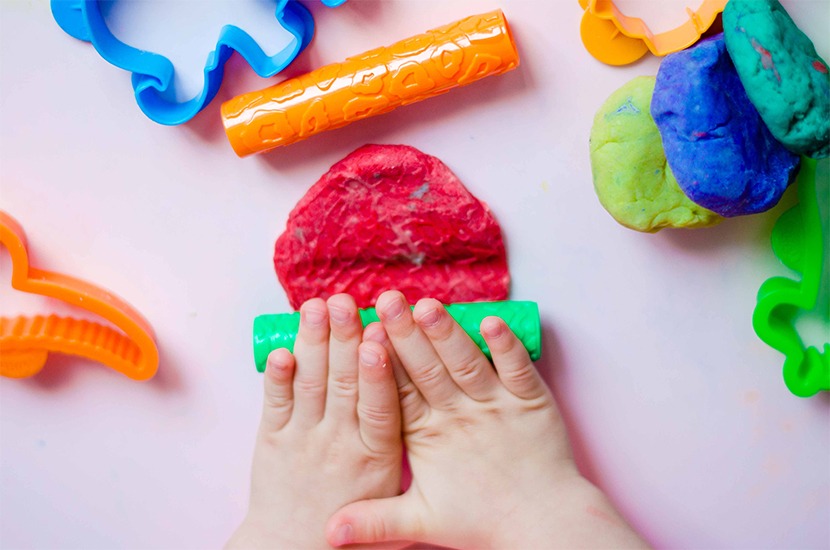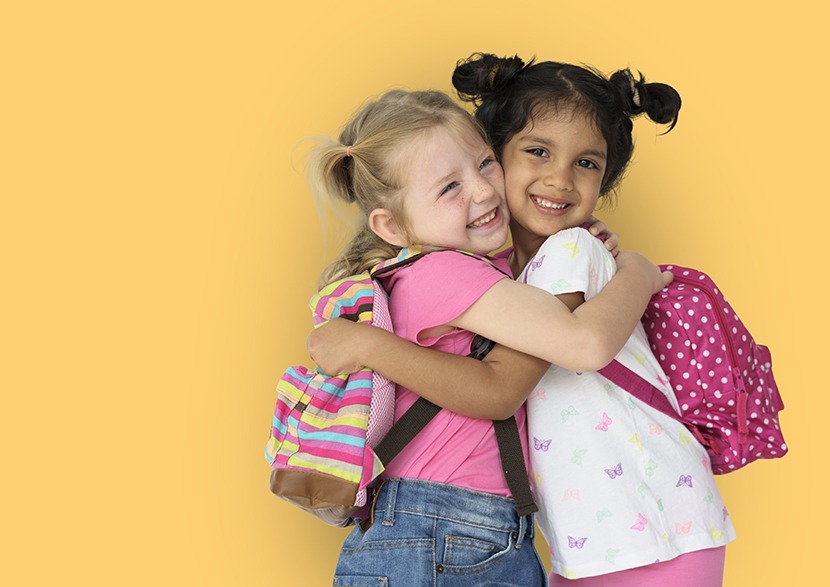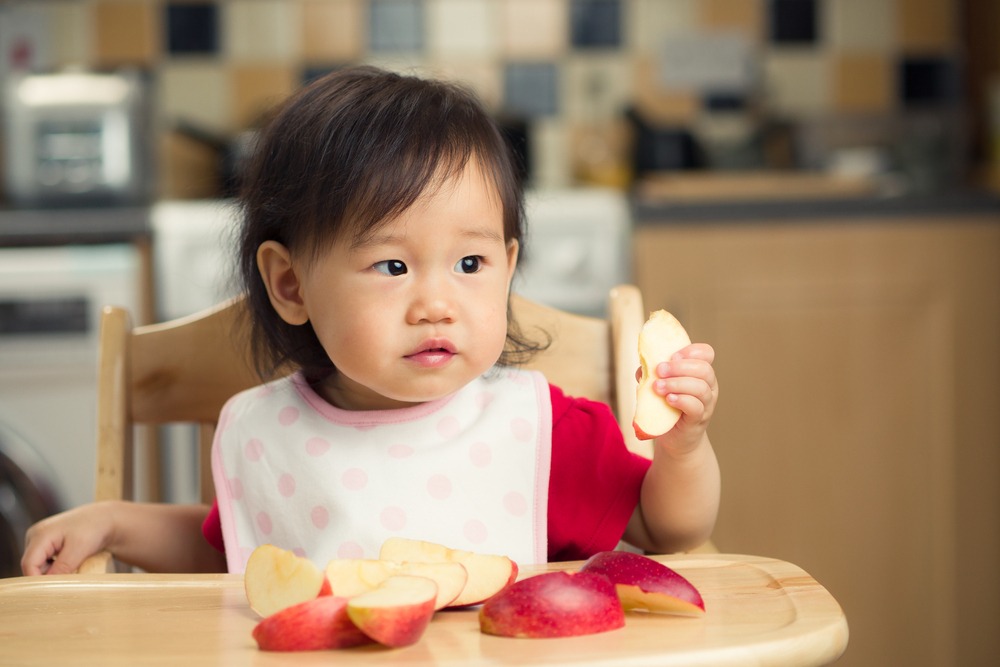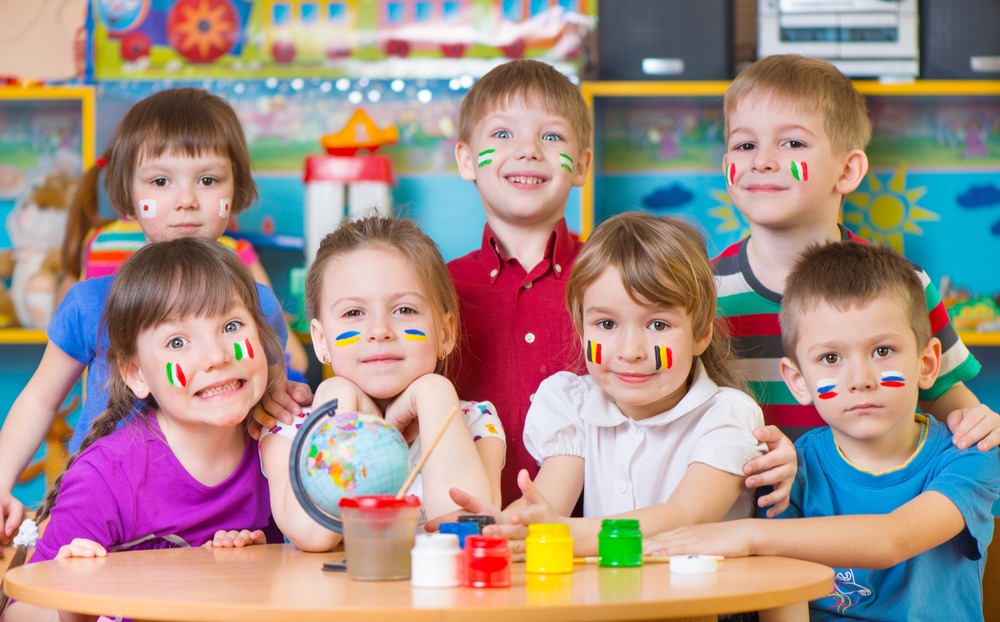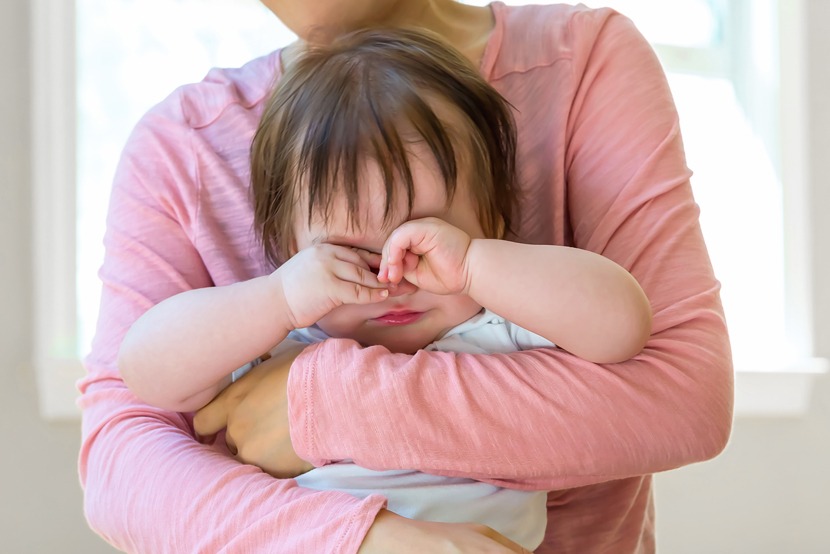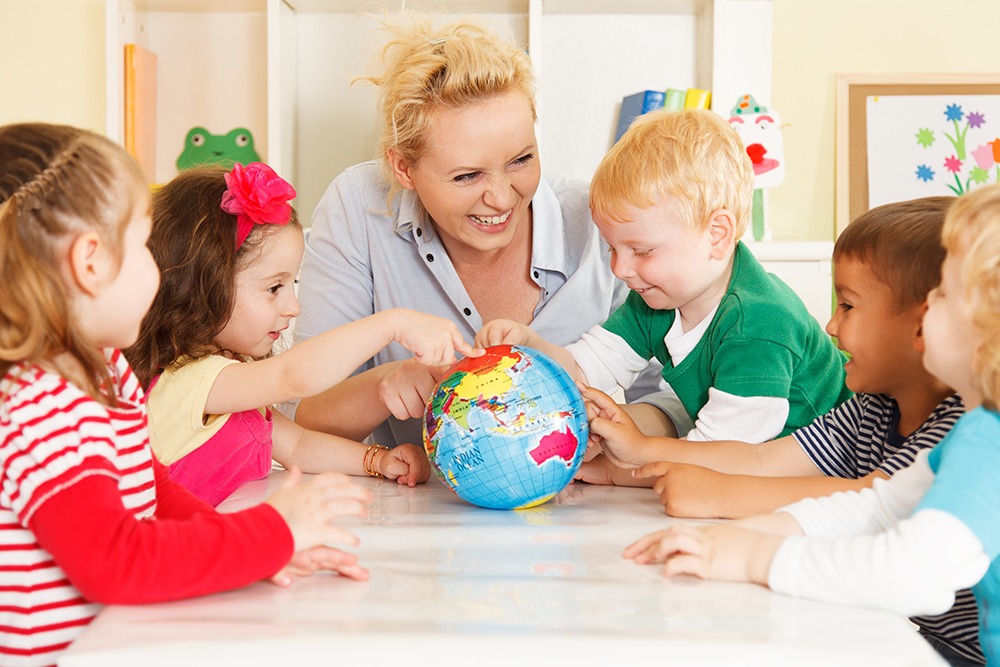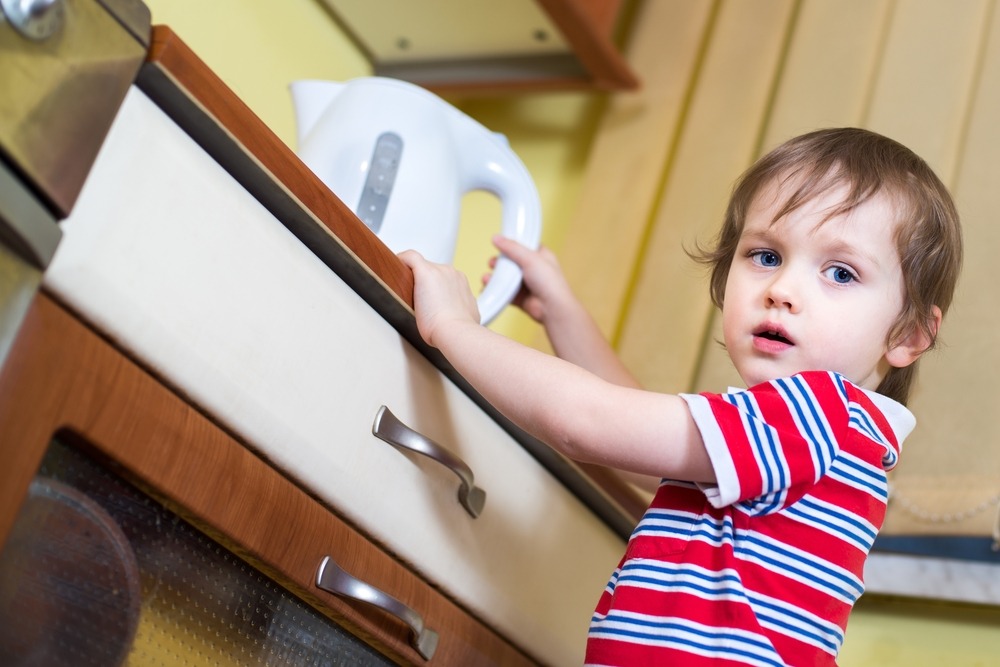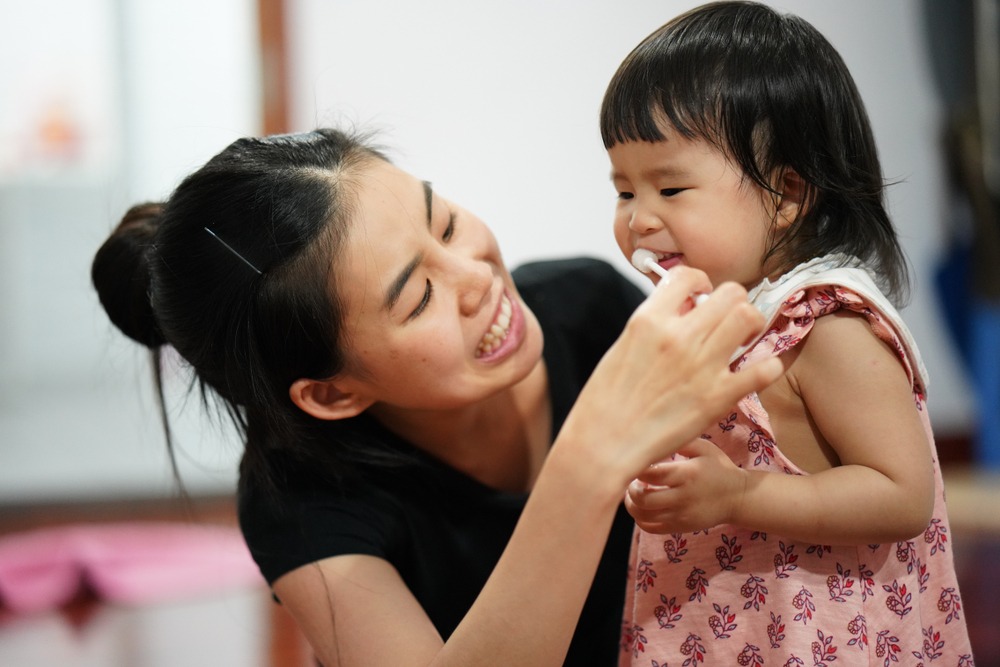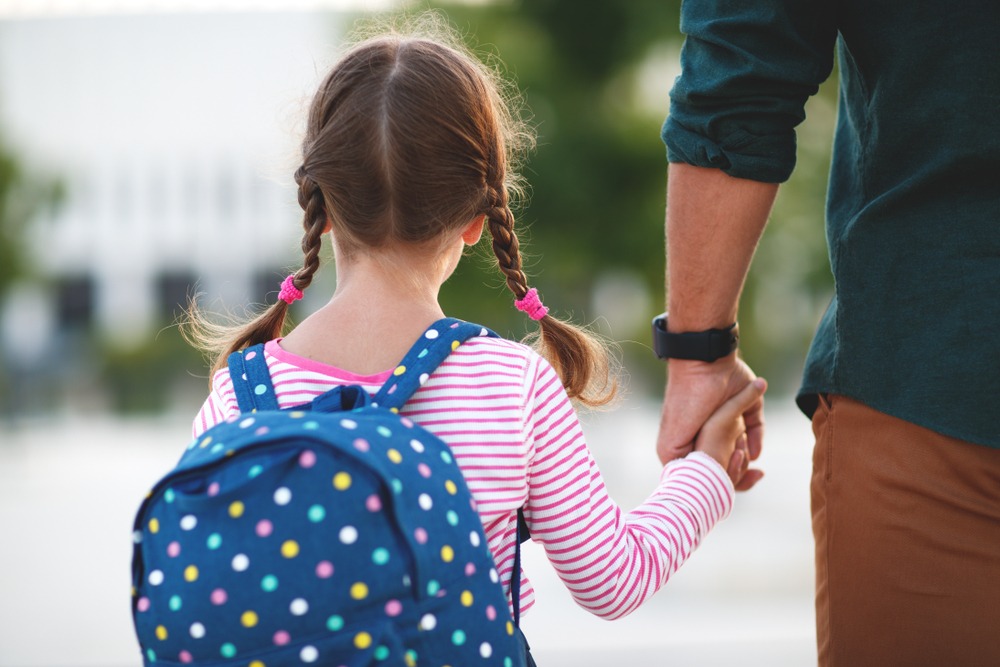
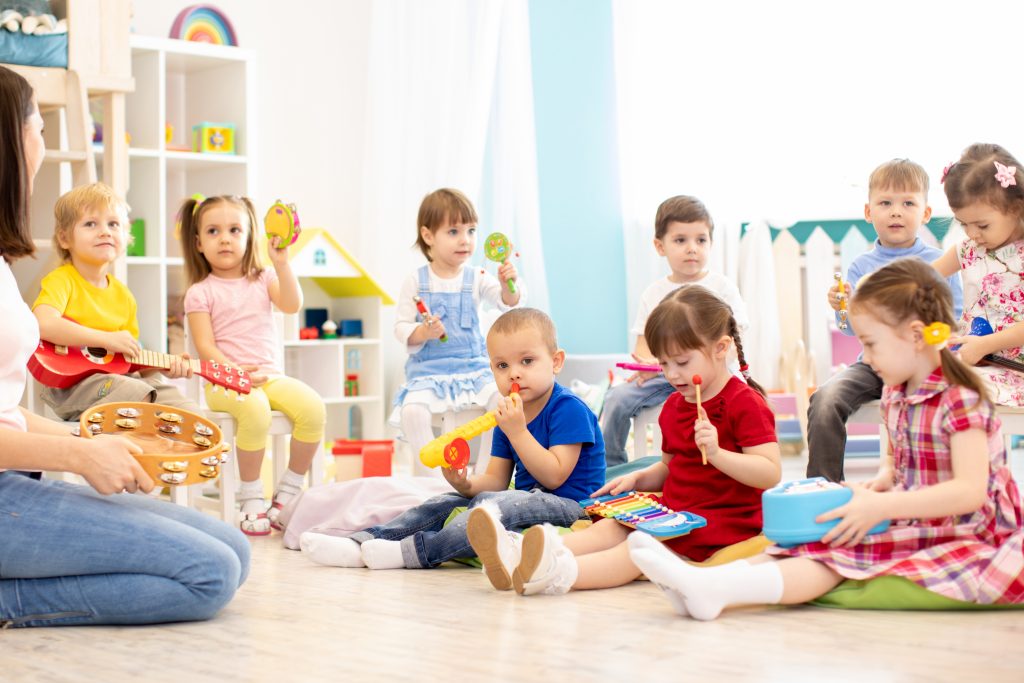
When children are exposed to music and musical play, from the earliest of ages, the impact is quite profound.
As they explore music through play, they make discoveries about themselves and the world around them, develop a larger vocabulary and important pre-reading and math skills, and strengthen their social and emotional skills, as well as their actual musical development and appreciation.
From enhancing hand-eye coordination, to practicing fine and gross motor skills and much more, see below for five reasons why music is important for early childhood development.
1. Develops Fine & Large Motor Control
Making music, especially if it includes tapping, clapping, bouncing and dancing can help enhance fine and large motor skills! Simple songs along with back-and-forth play can help build brain and body coordination, too! All of these activities help build important connections across many regions of the developing childhood brain during this essential time of development.
2. Music Builds Intimacy
Close relationships have a significant impact on children’s development and music can support these intimate relationships. Studies have found that babies will listen calmly to a lullaby for twice as long as baby talk or adult speech! When parents sing lullabies and enhance their pitch, tone and lyrics to soothe and relax the baby, they will also feel a sense of security and care.
3. Expands Communication & Imagination
Even before babies are able to talk, their babbling and sound-play helps them to develop neural pathways necessary for listening and speaking. Did you know infants who hear language directed and responsive to them tend to babble more and have larger vocabularies as toddlers? Children can easily and quickly mimic music and sounds they hear as an additional way to understand and make sense of the world around them.
4. Creates a Sense of Belonging
Music has the ability to create community and a sense of belonging. In their homes, children feel connected to their families and communities as they hear accents, songs and stories. In Australia, one in four children has at least one immigrant parent, causing preschool to be a major intersection of home and education. During preschool, these young children can learn about and experience the concepts of ‘belonging’ and ‘being an outsider’. When teachers incorporate the music and sounds of several cultures or homelands, the children can experience an inclusive and connected world early on.
5. It Makes Them Happy
Live music is exciting for us adults, but it’s even more exciting for little ones! Live music is known for creating delight and excitement in those experiencing it, lifting our mood and protecting us from sadness and even illness. Cooking familiar foods, celebrating holidays, and performing beloved music and dances are ways for children to discover the possibilities of laughing and joking, and to experience positive emotions like delight, joy, and affection.
It’s obvious music has numerous positive impacts on not only our daily life, but also on early childhood development! From lullabies, sing-a-longs, nursery rhymes and more, music can help build an intimate connection with your child, enhance their fine and large motor skills and impact their overall happiness. Just like language, music is a shared, expressive, inventive, portable way to be together. If put to work, it can be a powerful force in the lives of young children and families.
